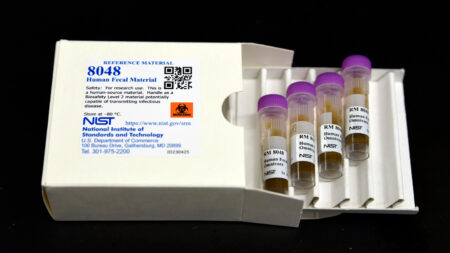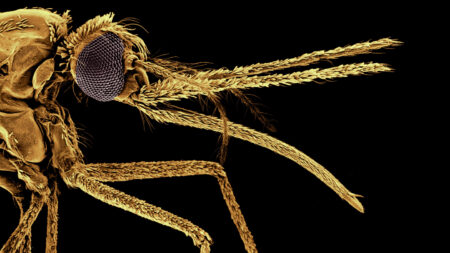A new cholesterol-lowering pill made a big difference for people with an inherited cholesterol disorder, a clinical trial has found.
In the phase 3 trial, adults with familial hypercholesterolemia, which leads to high levels of “bad” cholesterol, took the oral drug daily for 52 weeks. At 24 weeks, their levels of low-density lipoprotein, or LDL, cholesterol had dropped by 58 percent on average, researchers reported November 9 at the American Heart Association meeting in New Orleans and in the Journal of the American Medical Association. That’s compared with a slight rise of almost 3 percent for those on a placebo pill. After a year, the group on the drug saw an LDL reduction of 55 percent on average versus an increase of close to 9 percent in the placebo group.
The drug, enlicitide, targets a protein called PCSK9 that binds to and degrades LDL cholesterol receptors in the liver, leaving more LDL cholesterol in the blood. Enlicitide inhibits PCSK9, keeping more LDL receptors in place. That means the liver can ramp up LDL cholesterol removal. Injectable drugs that take this therapeutic approach have become available over the last decade but haven’t been widely used due to cost and other barriers.
Due to a faulty cholesterol processing system, people with familial hypercholesterolemia have elevated LDL levels soon after birth, leading to a very high risk of cardiovascular disease. Even with statins and other cholesterol-lowering drugs available, past studies have found that it is difficult for these patients to meet target cholesterol levels, which can vary based on risk factors.
The international clinical trial focused on adults who inherited the disorder from one parent. This type affects about 1 in 250 people. The roughly 300 trial participants, ages 18 and up, were already on statin therapy, as per medical guidelines.
Two ongoing clinical trials of enlicitide will assess whether the drug reduces heart attacks and other harmful cardiovascular events and if its cholesterol-lowering effects extend to those without the inherited disorder. Preliminary results for the latter trial, presented November 8 at the American Heart Association meeting, found enlicitide sharply reduced cholesterol levels for people who had previously had — or were at high risk for — a heart attack or stroke, but didn’t have familial hypercholesterolemia.
Read the full article here














